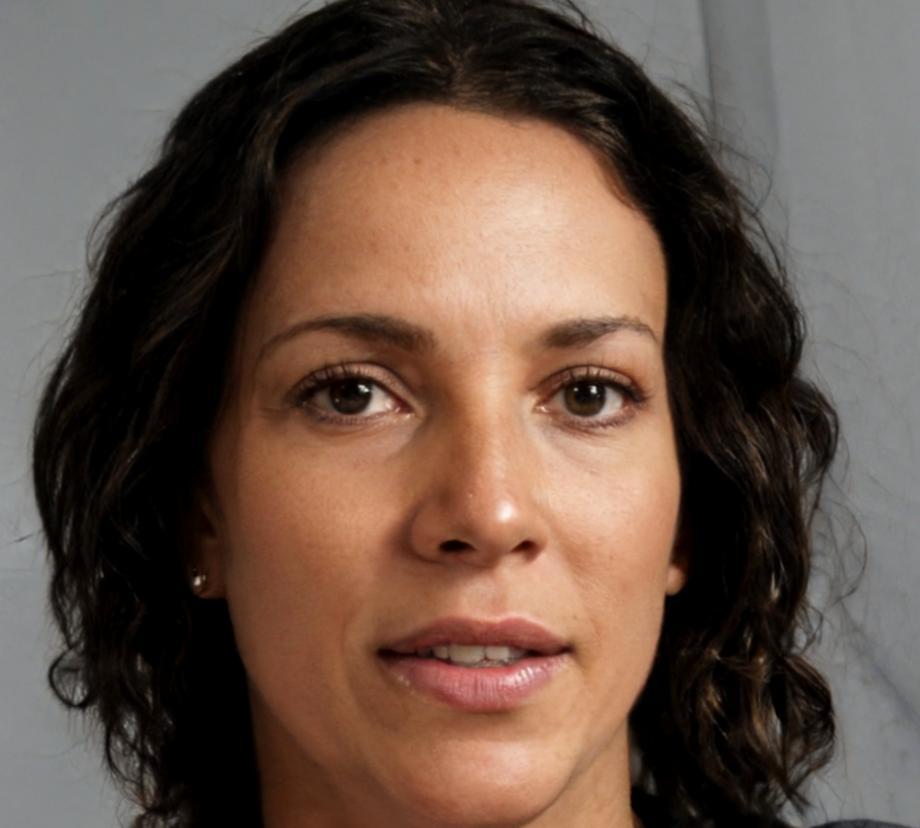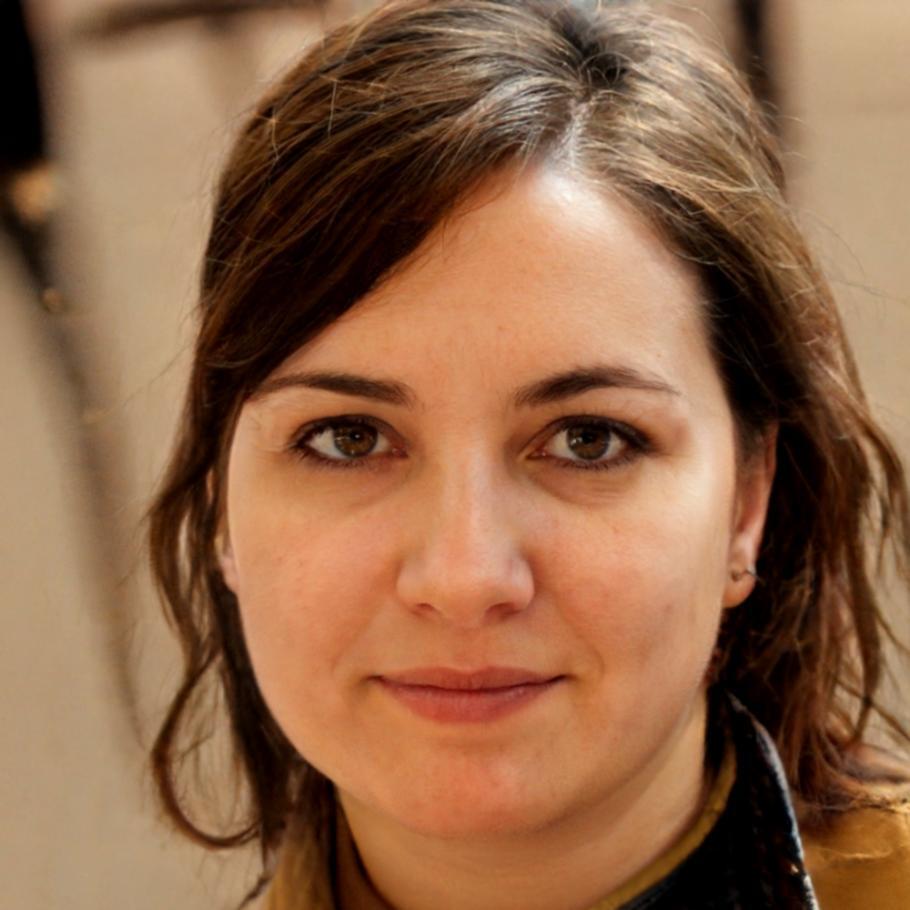Respect for complexity
Financial lives are complicated. We don't pretend there are simple answers to every situation. Our tools acknowledge that nuance exists while still providing clarity.
Back in 2019, three financial advisors sat around a kitchen table in Melbourne, frustrated. Not with clients, but with the tools we were handing them. Complex spreadsheets. Apps that tracked every coffee purchase like a judgmental parent. Software that made budgeting feel like homework.
We knew there had to be a better way. Something that actually helped people understand their money without making them feel guilty about living their lives.
That kitchen table conversation became vorenalyth. And yeah, we kept the name simple on purpose.

Building something useful takes time. And a fair bit of trial and error. Here's the honest version of our journey.
Three advisors, one shared frustration. We'd been working with Australian families for years and kept seeing the same pattern. People wanted to manage their money better but existing tools either oversimplified things or made them impossibly complicated. We started sketching ideas on napkins. Those napkins eventually became wireframes. The wireframes became prototypes we tested with exactly twelve people from our existing client base.
Our first version tried to do everything. Expense tracking, investment advice, tax planning, goal setting. Users told us politely that it was overwhelming. So we stripped it back. Way back. We focused solely on helping people create budgets that actually reflected how they lived, not how financial experts thought they should live. This meant rebuilding from scratch. Worth it.
Something clicked when we stopped trying to be everything to everyone. We worked closely with about 300 Australian households, learning what actually helped them make better financial decisions. Not flashy features. Not complex algorithms. Just clear information presented in a way that made sense. We added personalized insights that recognized life isn't linear. Income fluctuates. Expenses surprise you. That's normal.
We're working with thousands of people now across Victoria and beyond. And we're still learning. Every conversation with a user teaches us something new about how people actually think about money. We've added features we never anticipated back at that kitchen table. We've removed things we thought were essential. Most importantly, we've kept the core principle intact: your budget should work for your life, not the other way around.
We're not a massive team. That's deliberate. Everyone here has spent years working directly with people navigating financial decisions. We've sat across the table from families figuring out how to save for a house deposit while managing everyday expenses. We've helped small business owners separate personal and business finances. We've worked through the messy reality of financial planning with real humans facing real challenges.
This experience shapes everything we build. When we design a feature, we're thinking about the single parent we worked with last month. The freelancer who asked us why budgeting tools never account for irregular income. The couple who wanted to plan a wedding without going into debt.

Co-founder, spent twelve years as a financial advisor before deciding software could reach more people than one-on-one sessions ever would

Leads our user experience work, brings background in behavioral economics and genuine curiosity about why people make the financial choices they do

Small team, direct communication, constant iteration based on real feedback from people actually using what we build

Financial lives are complicated. We don't pretend there are simple answers to every situation. Our tools acknowledge that nuance exists while still providing clarity.
Every feature we build gets tested with actual users before it goes live. We watch how people interact with our platform. We ask questions. We adjust based on what we learn.
Money is personal. We've designed our entire approach around the idea that budgeting should help you make informed choices, not make you feel bad about the choices you've already made.
We're honest about what our platform can and can't do. Budgeting tools are helpful, but they're not magic. They work best when combined with your own knowledge of your life and priorities.